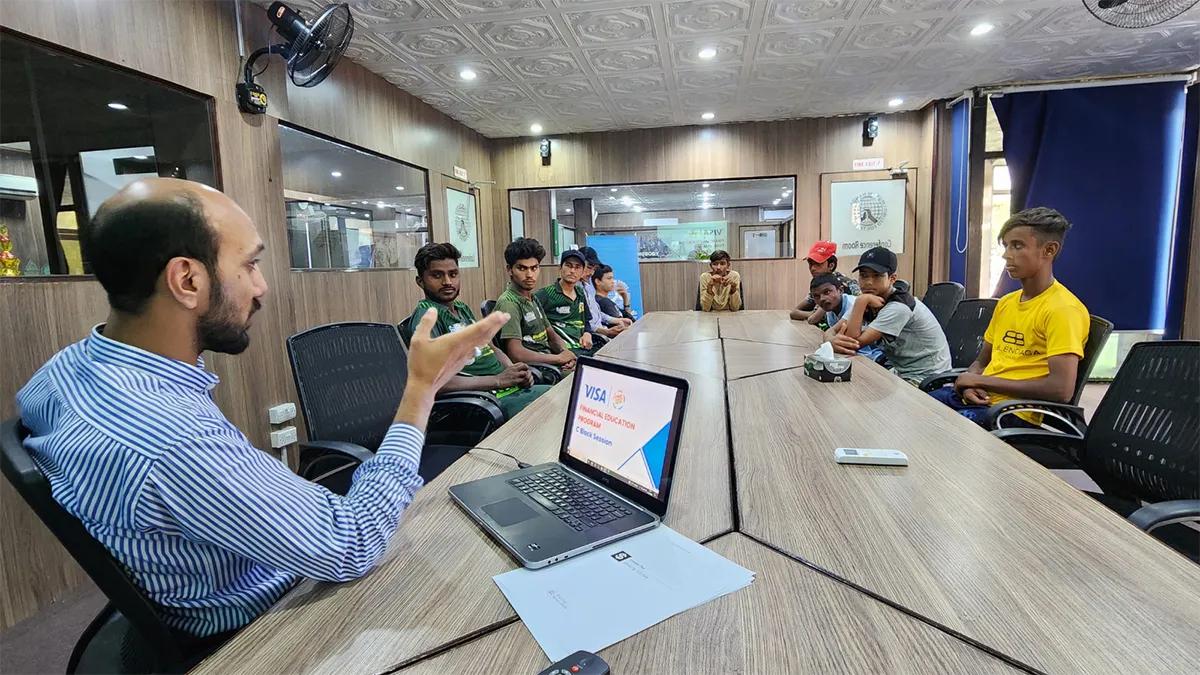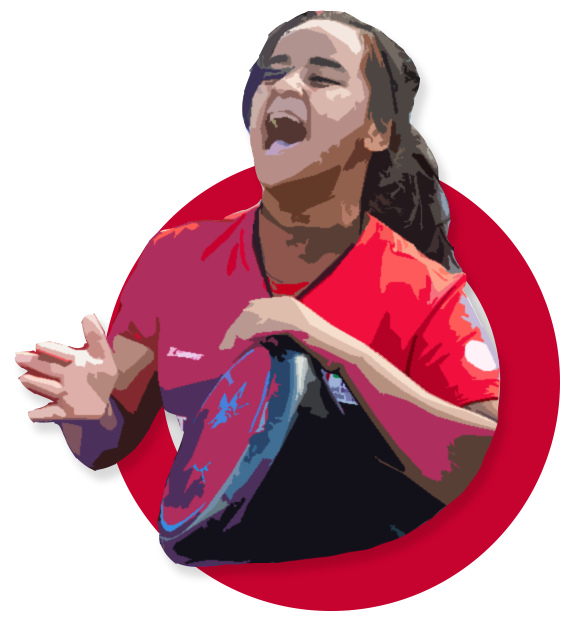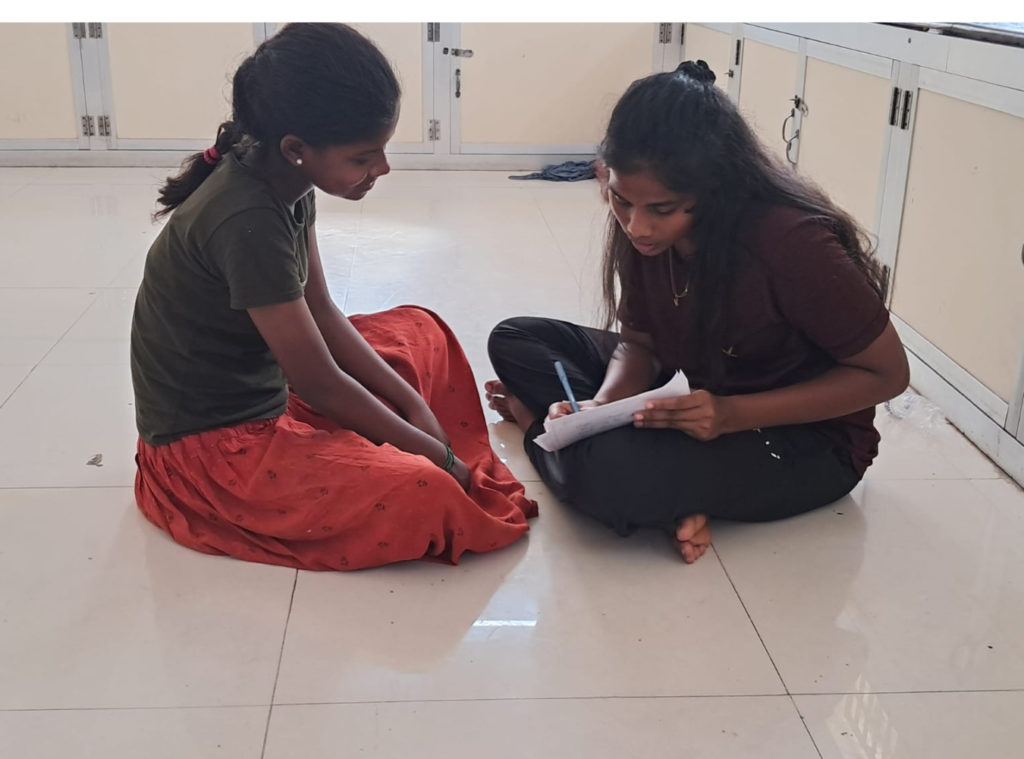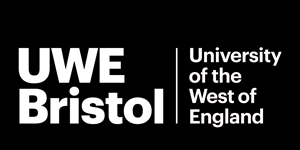Money Matters: How Visa have supported street-connected children with financial literacy.

In March this year, SCU announced a new partnership with Visa to deliver financial literacy workshops to empower participants from the Street Child World Cup 2022 with financial understanding and knowledge to support their wider education goals.
Fast forward eight months of delivery and the curriculum has been successfully delivered to 14 teams, via 28 team leaders/trainers, reaching 308 participants in total. The course has covered key monetary issues, which many of the young people participating would not have had access to learning despite being some of the most entrepreneurial and hard-working individuals due to their circumstances.
Key lessons included the fundamentals of money, how to save and invest, debt basics, and how to budget for the future amongst other topics.
Supporting the delivery of the programme was Street Child United Young Leader, Sadock John, who since participating in the first ever Street Child World Cup in 2010, has gone on to launch many business ventures back in his hometown of Mwanza, Tanzania. Sadock is currently studying a bachelor’s in international business at University West of England in the UK.

We caught up with Sadock to learn more about the importance of the delivering financial literacy courses like the one Visa created:
What did money mean to you when you were 14 years old and heading to your first Street Child World Cup?
Growing up money was a tool to survive, covering the necessary basic needs such as food and clothes, as for my mom it was all about how she could feed us and make sure we had school uniforms. I saw my mom selling vegetables with a capital of less than 5 pounds a day trying to survive from day to day; from that experience I did not think about saving or investing, maybe because there was not much money made.
When did you open your first bank account and why?
I opened my first bank account when I was 18, and that was when I had my first job, so I had to open a bank account for payments to go through. Until that point, having a bank account was not something ever accessible to me.
How have you been involved with the running of the Visa finance literacy programme?
I have been involved with this programme as a facilitator to deliver to Team Leaders whose teams have taken part in our previous events. It is then their role to deliver the sessions to their team share the knowledge and skills with the young people in their projects and ultimately transform their lives.
What were the standout modules for you? The ones which had the most impact?
For me, the standout modules were spending plans and saving basics, most young people growing up know making money and having money is important but saving and spending plans are not talked about enough; I think that’s where, as an individual, you create your path on how your future will look. I am pretty sure these modules have been very helpful and will continue to benefit a lot of young people concerning financial education.
What stories can you tell us from some of the young people who have been on the programme?
Young people from Team Peru started to sell candy as part of the learning, they were inspired by a session about making money. There was also one boy from team Pakistan, a talented artist, who started selling his pieces because of what he learnt; even better he did this without being told by his team leader.
















